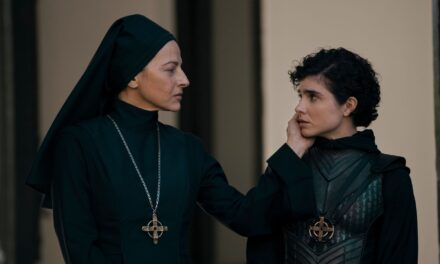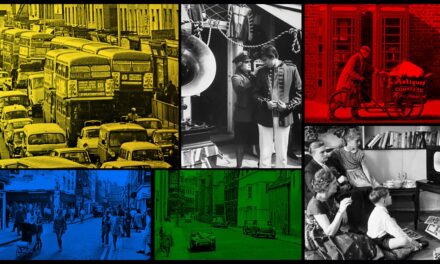In times of “post-truth”, “fake news”, and “alternative facts,” new forms of media and communicative strategies challenge our understanding of how we know something to be true. Most of our knowledge of the world depends on our trust of a reliable source and on the expectations of credibility in different media types, such as newspapers, encyclopædias, novels, documentary and essay films, and social media. However, in the ongoing digitization it becomes clear that truth claims in media are perceived as truthful only under certain conditions. Thus, with this conference we suggest that we need a media-oriented approach to understand truth claims and truthfulness.
The Centre for Intermedial and Multimodal Studies at Linnaeus University has already for some years been investigating the issues of truth claims and truthfulness in media. More specifically, how processes of integration and transformation in and between media affect the communicative strategies for conveying reliable information and creating credibility (see for instance Elleström 2018). Members of the centre have explored the mediation of scientific facts in literature, films, games and teaching, the construction of authenticity in comics or animated films, and the role of media in the courtroom.
With this conference, we wish to further this research and confront current challenges head on in a broader research community. What is the role of media and communication in our perception of truth? How is truthful mediation constructed and how can we analyze it? What significance does the combination of e.g. text, image and sound have in this construction of truthfulness? And how and when can we trust the truth claims of different media?
Exploring these questions will help understand current social challenges posed by conflicting truth claims in news media and politics, or in public debates on, for example, climate change and global migration.
When investigating the truth claims of media and truthfulness in mediation, intermedial and multimodal frameworks provide useful theoretical concepts and methodological approaches. They offer, for instance, useful tools for developing digital literacy. At the 2 (2) same time, intermedial or multimodal approaches also need to address the impact of historical, transnational, and industrial frameworks involved in the production of trustworthy meaning.
This inaugural conference sets out to break new ground by inviting scholars from a wide range of disciplines, among them media and communication, education, digital humanities, history, film, visual art, literary studies, comics studies, memory studies, musicology, sound studies, linguistics, social and political studies, and museum and archive studies.
We also invite practitioners from news media, arts and literature; archives, libraries and museums; public history, education, or the legal profession. The list is not exhaustive.
We welcome proposals for individual papers, panels or workshops. Please submit your proposal via the conference homepage lnu.se/en/trustme by under the headline “Abstract submission”. When submitting your abstract, make sure to use the compulsory word template for abstracts. You find the template on the conference homepage under “Abstract submission”.
Submission of proposal opens May 1, 2020. Deadline for submissions is 31 August 2020.
Notifications of acceptance will be sent out by 30 September 2020.
Individual papers
Individual papers will be allocated a time slot for 20 minutes, plus 10 minutes for discussion. Proposals need to include the speaker’s name and email address, the title of the paper, an abstract (250 words max), 3–5 keywords and a short bio of the presenter (200 words max).
Pre-constituted panels
In order to ensure the coherence of the panels, we encourage the participants to submit proposals for pre-constituted sessions composed of three 20-minute papers.
Proposals need to include the name, email address and affiliation of the panel organiser, the title of the panel, a short explanation of the rationale (up to 200 words), 3–5 keywords and info on the individual papers (titles, abstracts of 250 words and speakers’ bionotes). We highly recommend that speakers on pre-constituted panels come from different institutions.
Workshops
We welcome proposals for workshops and other session formats. In general, workshops will promote active participation while exploring new ideas. The duration can be up to 2 hours. If you would like to propose a workshop or another session format, please contact the organisers (Beate Schirrmacher and Dagmar Brunow) by email trustme-conference@lnu.se in order to discuss its form and content.
Works cited
Elleström, Lars. “Coherence and truthfulness in communication: Intracommunicational and extracommunicational indexicality ” Semiotica, 2018.225 (2018): 423-446. Open access from doi:10.1515/sem-2017-0001





